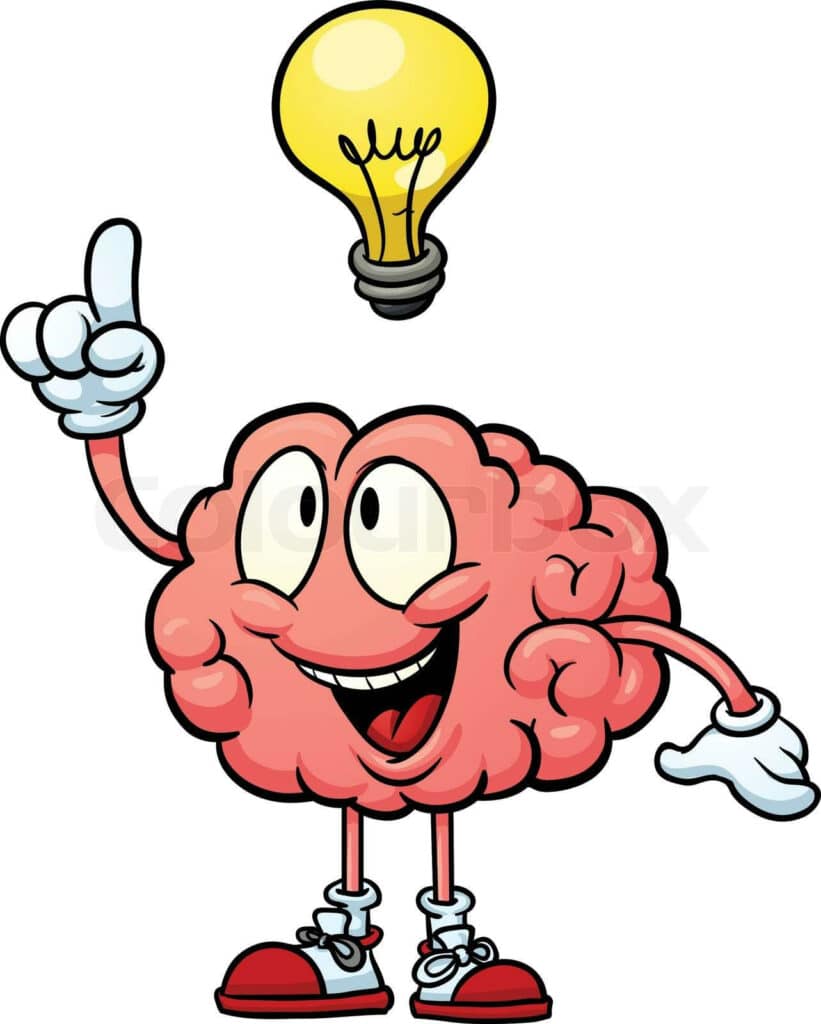
Growing evidence indicates that people can reduce their risk of cognitive decline by adopting key lifestyle habits. When possible, combine these habits to achieve maximum benefit for the brain and body. Start now. It’s never too late or too early to incorporate healthy habits.
Break a sweat: Engage in regular cardiovascular exercise that elevates your heart rate and increases blood flow to the brain and body. Several studies have found an association between physical activity and reduced risk of cognitive decline.
Hit the books: Formal education in any stage of life will help reduce your risk of cognitive decline and dementia. For example, take a class at a local college, community center or online.
Butt out: Evidence shows that smoking increases risk of cognitive decline. Quitting smoking can reduce that risk to levels comparable to those who have not smoked.
Follow your heart: Evidence shows that risk factors for cardiovascular disease and stroke such as obesity, high blood pressure and diabetes negatively impact your cognitive health. Take care of your heart, and your brain just might follow.
Heads up! Brain injury can raise your risk of cognitive decline and dementia. Wear a seat belt, use a helmet when playing contact sports or riding a bike, and take steps to prevent falls.
Fuel up right: Eat a healthy and balanced diet that is lower in fat and higher in vegetables and fruit to help reduce the risk of cognitive decline. Although research on diet and cognitive function is limited, certain diets, including Mediterranean and Mediterranean DASH (Dietary Approaches to Stop Hypertension), may contribute to risk reduction.
Catch some Zzz’s: Not getting enough sleep due to conditions like insomnia or sleep apnea may result in problems with memory and thinking. Take care of your mental health: Some studies link a history of depression with increased risk of cognitive decline, so seek medical treatment if you have symptoms of depression, anxiety or other mental health concerns. Also, try to manage stress.
Buddy up: Staying socially engaged may support brain health.
Pursue social activities that are meaningful to you. Find ways to be part of your local community. If you love animals, consider volunteering at a local shelter. If you enjoy singing, join a local choir or help at an afterschool program. Or, just share activities with friends and family.
Stump yourself: Challenge and activate your mind. Build a piece of furniture. Complete a jigsaw puzzle. Do something artistic. Play games, such as bridge, that make you think strategically. Challenging your mind may have short and longterm benefits for your brain.
BRAIN FITNESS IDEAS
Learn a dance.
Take a cooking class.
Learn to play an instrument.
Be Social! Friendships are important.
Sing in a group.
Learn a new word each week and use it.
Move! Keep the blood moving through the brain. Exercise is important!
Take up a creative hobby, especially one with fine motor skills like knitting, drawing or painting.
Do things differently such as the way you drive home; use opposite hand, put pants on opposite leg first.
Learn a new sport.
This article reprinted from Whitewater Seniors in the Park June Newsletter, submitted by Dementia Friendly Community Initiative, a program of Whitewater SITP. New members are always welcome. Contact jfrench@whitewater-wi.gov or call Jennifer French at 262 473 0535.






















